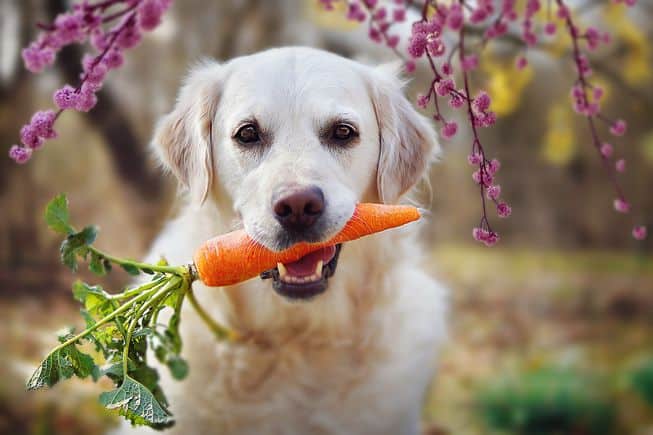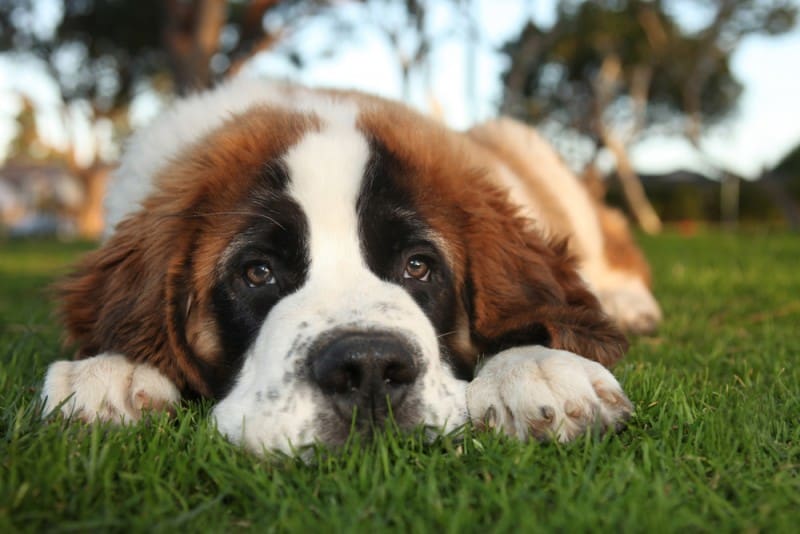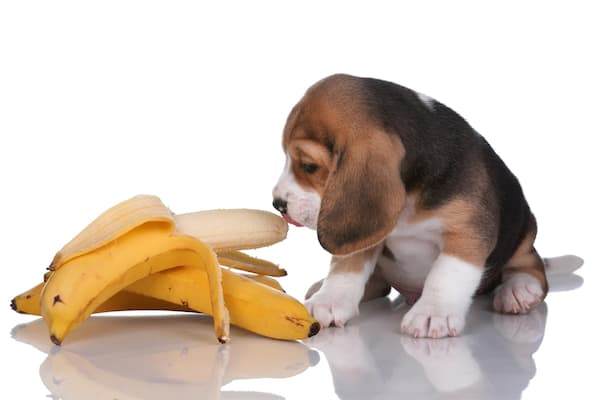We all like to be cautious about our dogs. After all, they are the most loved members of our family. In comparison to humans, dogs have a much better olfactory property but have a lower number of taste buds. This means they have a less sensitive palate than humans. With a Labrador dog as your pet, there are so many inquiries about what human foodstuffs they can eat? In the case of oranges, it is fine if Labradors eat this fruit as they are not toxic and perfectly safe, the citric acid present is not a concern for dogs.
Benefits of oranges on Labradors
The citrus fruit provides many benefits that are good for your dogs. Some of the nutrients that orange can provide to Labs include:
- Vitamin C – Labradors are highly active dogs and hence there is a lack of this essential vitamin in their body. The effort put by dogs when they exert themselves can cause strain on the liver. Hence the production of Vitamin C is hindered in this case. Vitamin C is crucial to your dog’s immune system that will help to combat if the dogs have ingested any toxic substances like onion powder, propylene glycol, and oxidative toxins. One more important role of ascorbic acid is the healing of wounds. The good news is that a little bit extra vitamin C will not hurt your dog, it is a water-soluble vitamin that will simply be urinated out, so any excess will not accumulate in the body.
- Potassium – In case your Lab has serious diarrhea or vomiting, it will result in a deficiency of potassium. This mineral is responsible to ensure proper fluid balance is maintained and enzymes function appropriately. Hence the role of orange will be perfect to balance the dehydration suffered by your dog.
- Fiber – Dogs get many fiber benefits. If your Lab has excess weight, must ensure there is enough fiber provided to them. In case your pet has constipation, then more fiber would help to unwind them from within. It is important to remember you can give your dog lots and lots of fiber. That is why vets say oranges are not bad for dogs but should not exceed the limit.
- Low sodium in the citrus fruit is a major reason why feeding oranges is good for Labs.
- Oranges have an excessive amount of water and hence this citrus fruit can be given to dogs during playing, swimming, running, or after a training session since they are very refreshing for them.
- Oranges also provide potassium, thiamine, and folate which are excellent chemical compounds and very much important for your dog’s brain and muscle function as well as its heart health.
Adding Oranges to a Labrador’s Diet?
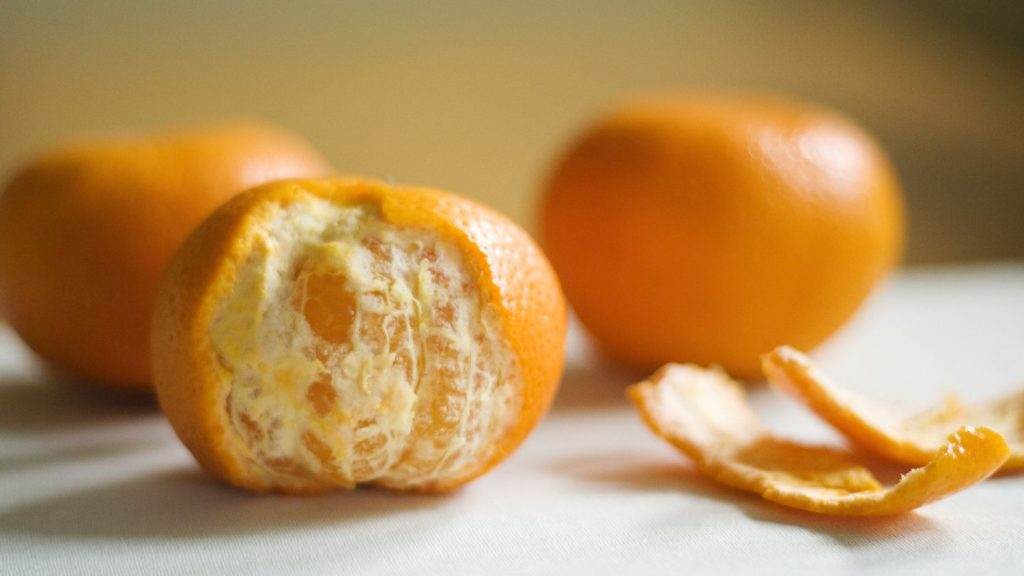
Usually, some dogs drool over the smell of oranges and might want to grab it from you. Oranges don’t need to suit a dog’s stomach even though there are many nutrients present in the citrus fruit. When dealing with oranges, you should just start with 1-2 segments or a few slices for a couple of days. But you should be attentive how does your pet react after eating what you have fed him initially.
In case your dog reacts in a different way like bathroom routine changes or gastric problems you must not provide them with oranges all at once. If you do not see any negative reaction still do not think of treating them with more than one fruit per day or an orange every alternate day.
All the human foods you will feed your dog (including any fruit such as orange) should never be more than 10% of your pet’s daily calorie intake, hence you must make sure to adjust the meal portions accordingly.
Size of Oranges to be Fed?
What size of oranges should be given to your Labrador depends on how big or small is the size of your pet. The small-sized dogs can eat about 1/4 or 1/2 of a moderate size fruit, while big sized dogs may eat a complete orange. It goes without saying to consult your veterinarian in case you are feeding oranges to your dog anytime soon.
What Varieties of Oranges Can Labs Eat?
Navel oranges are a seedless variety which should be the first preference for feeding your dogs. Other options can be blood, mandarins in case navel oranges are not available in a season.
What to Avoid while Feeding Oranges?
Labs will eat anything you will keep in front of them. You must be extremely careful with the peels and seeds if your dog starts feeding on food waste. Make sure you dispose of the seeds and peels in the garbage bag immediately because if it is eaten by your Lab by mistake, it can cause choking or even get stuck in the digestive tract.
The seeds and peels might not be toxic but if consumed, the dog might have to undergo surgery if there is a blockage in the digestive tract. If you don’t want to visit the veterinarian due to indigestion, ensure you label the peels and seeds as food waste and only give the soft fruit part to your pet.
Do not Feed your Pet with other Orange Fruit Products
Store-bought orange juice, other orange-flavored drinks, and orange snacks contain added sugars. They are the worst kind of treat you can give to your pet. Labs may be fond of lapping up any orange fruit products like juices and drinks, but owners must keep it only for themselves.
In dogs consuming such products might lead to a poor health condition or bloating of the belly. Hence keep your dog hydrated with lots and lots of water and treat them with fresh oranges only.
Dogs should not eat Oranges?
The factors below give information about the population of dogs that should not be fed with the fruit treat even if their owners cannot resist those cute begging eyes: –
- Weight – Overweight dogs should avoid oranges
- Diabetes or other illness – Oranges spike the insulin levels and should not be fed to diabetic dogs.
- Digestive health – Oranges can cause diarrhea or vomiting since citrus fruits have a lot of acids and hence should not be given if your dog has a sensitive gastrointestinal (GI) system.
What Should Be Done If your Lab ate Many Oranges?
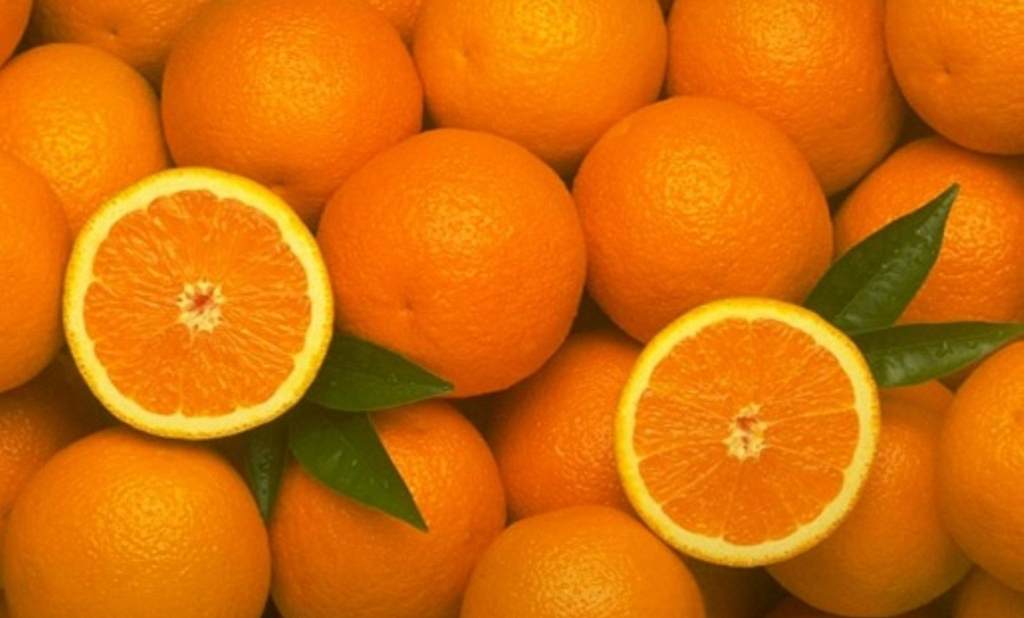
Dogs can be sneaky and get into stuff they are not supposed to. So, if you or your family member has left your sweet orange treats on the kitchen counter or anywhere else your dog could reach them, do not be surprised if you find your bowl empty. If that has happened, do not panic.
Your dog will most likely have stomach discomfort or diarrhea but that is about it. Ensure that your dog is kept hydrated and observe it up to the next day. Take your pet to the veterinarian in case the condition worsens.
Conclusion
In a nutshell, if you feed your Lab with nutritious dog food, it should be enough to provide all the necessary nutrients required for a balanced diet. You must consult the vet before treating your pet with oranges in case it needs additional human food to fill the nutritional hole.
Table of Contents

